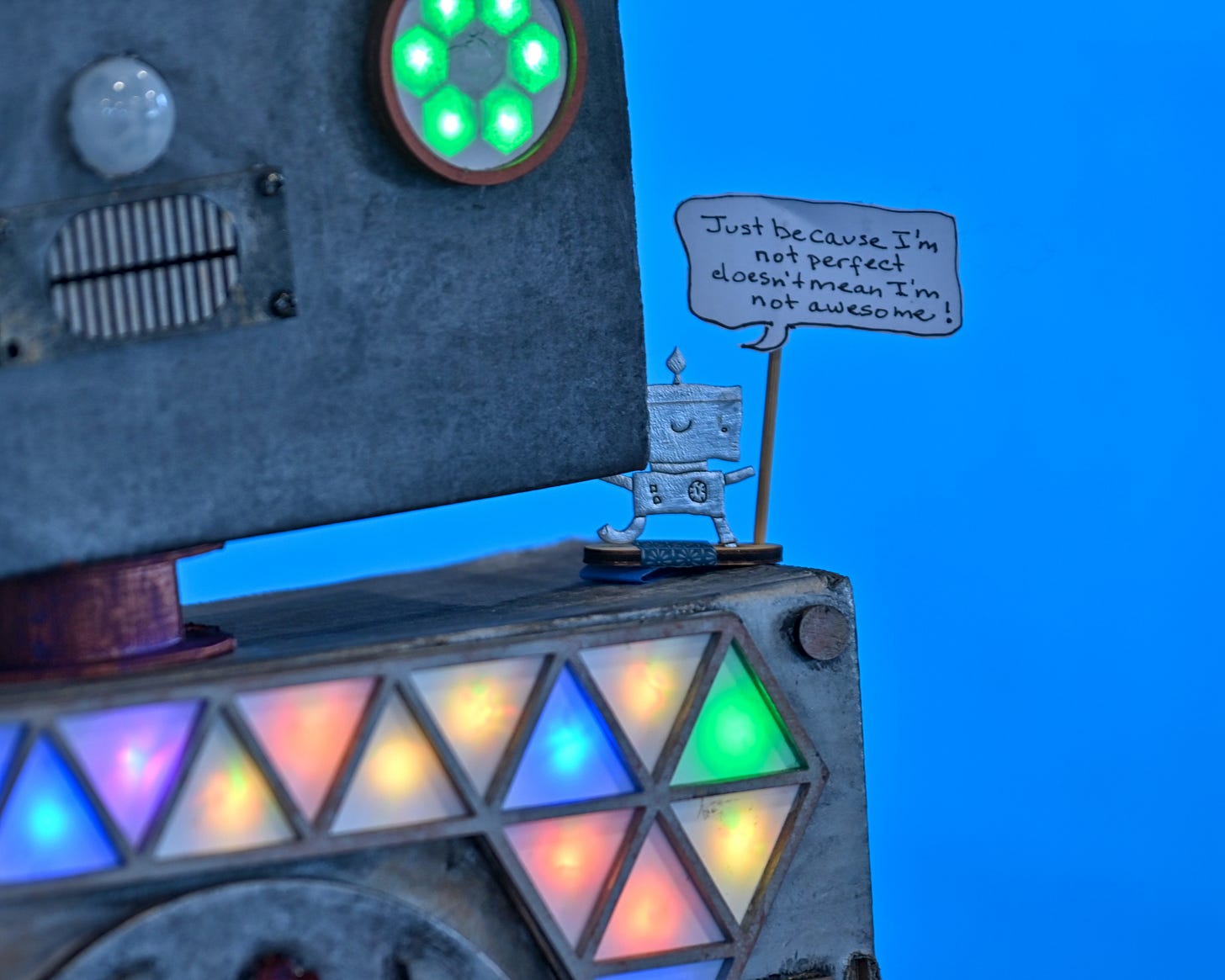Reading for Thanksgiving Break
David Brooks' Atlantic cover story doesn't mention maker education but is it the "something new" he's asking for?
Happy Thanksgiving to you and your loved ones.
A lot of people in education are reading this article by David Brooks.
How the Ivy League Broke America: The meritocracy isn’t working; we need something new — by David Brooks in Atlantic Magazine, December 2024
It’s a long read but worth it. You could skip the long argument about how the Ivy League broke higher education and failed to deliver a true meritocracy for America. He makes the argument that America has become a “caste system” through higher education. If you want to skip ahead, find the section “A Humanist Turn,” which starts to explore models for change.
Brooks is most interested in how higher education fails to find the most gifted students, which is in a sense a failure of its ranking system. I look at it from the perspective of how more young people would be able to succeed in life, if they had the opportunity to develop their talents and capabilities.
To the degree that we struggle to provide a compelling case for maker education to parents and administrators, Brooks provides us with a comprehensive argument that supports project-based learning, even though he doesn’t reference maker education.
In these project-based-learning programs, students have more autonomy. These schools allow students to blunder, to feel like they are lost and flailing—a feeling that is the predicate of creativity. Occasional failure is a feature of this approach; it cultivates resilience, persistence, and deeper understanding. Students also get to experience mastery, and the self-confidence that comes with tangible achievement.
Most important, the students get an education in what it feels like to be fully engaged in a project with others. Their school days are not consumed with preparing for standardized tests or getting lectured at, so their curiosity is enlarged, not extinguished.
(I once handed a copy of Make: magazine to David Brooks after a talk he gave.)
He adds:
Helpfully, some of these project-based-learning schools are pioneering a different way to assess kids. Students don’t graduate with only report cards and test scores; they leave with an electronic portfolio of their best work—their papers, speeches, projects—which they can bring to prospective colleges and employers to illustrate the kind of work they are capable of.
Brooks quotes UCLA’s Joseph Fishkin on “opportunity pluralism”:
Fishkin argues that we need to refashion the opportunity structure itself, to accommodate new channels and create what he calls opportunity pluralism. “The goal needs to be to give people access to a broader range of paths they can pursue,” Fishkin writes in Bottlenecks: A New Theory of Equal Opportunity, “so that each of us is then able to decide—in a more autonomous way and from a richer set of choices—what combinations of things we actually want to try to do with our lives.”
If nothing else, you’ll want to keep this “money” quote:
“Schools should prepare people to build things, not just to think things.”
Ted Gioia writes in his Substack article:
Power Is Shifting Rapidly to Indie Creators
There are now 27 million people in the US working as creators on web platforms. That’s a stunning number—it represents 14% of the working age population.
Some 44% of them do this as a full-time job.
Most of them, he says, would not describe themselves as influencers. There’s not the usual pathway from college to creator. It’s a zigzag course with many twists and turns and many choices to be made.
Yet, isn’t it interesting that so many creators find a new opportunity in an emerging creative economy? This kind of independent work didn’t exist 10 years ago but the creative minds of many people learning from each other and utilizing new tools and platforms have made a new industry. It’s a pretty good example of “opportunity pluralism,” reflecting the kinds of “things we actually want to do with our lives.”
This is what maker education should be developing in students - agency, choice, opportunity, creative freedom, and human potential.



